Kremlin decries US plan to give seized Russian money to Ukraine military
Russian government spokesman Dmitry Peskov has said that the US plan to send Ukraine funds seized from Russian businessmen is illegal and any such actions will be contested.
"This is hard to imagine and it goes against everything in international law and those countries' national law. But as soon as an opportunity presents itself, we will defend our rights." Peskov told reporters during a news briefing in Moscow on Thursday.
On Wednesday, US Secretary of State Antony Blinken said on a visit to Kyiv that Washington was transferring to Ukraine $5.4 million in "assets seized from sanctioned Russian oligarchs, which will now be used to support Ukrainian military veterans."
"We perceived it absolutely negatively, because we consider all cases related to blocking, arrest or other withholding of any funds related to state property, private property and mixed property of the Russian Federation abroad to be illegal acts.”
"And in any case, they will later lead one way or another to legal proceedings. Not a single case of such illegal (funds) retention will be left unattended."
Kiev has already received more than $43 billion from the US in the form of weapons systems like howitzers and millions of rounds of ammunition, including widely-banned cluster munitions, since last February when Russia started a "special military operation" in Ukraine.
Russia has repeatedly warned that a continued supply of Western arms and military equipment for the Ukrainian military would only prolong the war.
Austria summons EU envoy for calling Russian gas payments 'blood money'
Austria's Foreign Ministry said on Thursday it was summoning the European Commission's envoy to the country saying the EU member state was paying "blood money" for the fuel.
"Mr Selmayr has been summoned to the Foreign Ministry for a meeting with the (ministry's) secretary-general," the ministry said in a statement, adding that Selmayr was currently out of the country but the meeting would take place upon his return.
Martin Selmayr, a German EU official who was the powerful chief of staff to the Commission's then-President Jean-Claude Juncker until 2018, in remarks on Wednesday evening criticized the slow pace at which Austria is weaning itself of Russian gas.
"Oh my god, 55% of Austrian gas continues to come from Russia," Selmayr was quoted as saying.
"Blood money is being sent daily to Russia," he added.
The EU official expressed astonishment at the lack of protests over the fact that Austria's gas payments were funding Russia's war against Ukraine.
According to the latest Austrian government data, for June, 60% of Austria's natural gas imports came from Russia.
After decades of Austria relying heavily on cheap Russian gas sent by pipeline, Austria's coalition government of conservatives and left-wing Greens says it is shifting away from Russia as a gas supplier. However, the country faces various obstacles, including the fact it is landlocked.
EU imports of Russian liquified gas have leaped by 40% since Ukraine war
EU imports of Russian liquified natural gas (LNG) have increased by 40% since the invasion of Ukraine despite efforts to cut down supplies, according to a recent analysis of data by Kpler, which tracks marine and tanker traffic.
Member states have bought more than half of Russia’s LNG on the market in the first seven months of this year.
Spain and Belgium, which act as major gateways for LNG supplies to the bloc, have emerged as the second and third-biggest customers of Russian LNG respectively after China.
The EU imposed sanctions on imports of Russian oil and coal after Moscow’s forces invaded Ukraine in February last year. It also banned Russian entities from storing gas in the bloc and prohibited most new investments in the Russian energy sector.
Fears of winter blackouts led to people in many countries being asked to turn down their heating thermostats by 1C and night-time illumination of public buildings across the bloc, including the Eiffel Tower, was stopped. In some cities street lights were turned off after midnight to save energy.
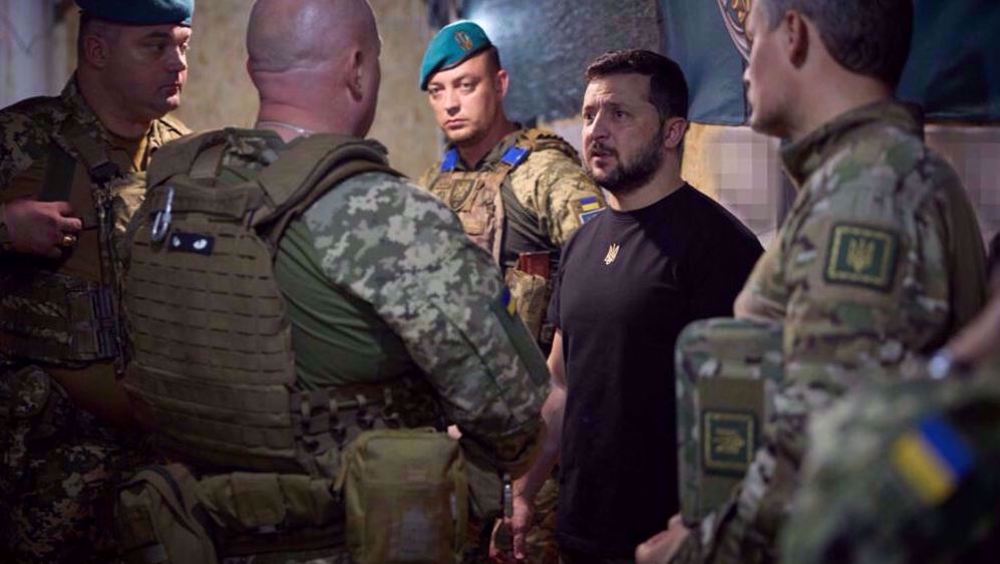
Ukraine peace talks downgraded in London as Kiev rebuffs Trump’s proposal
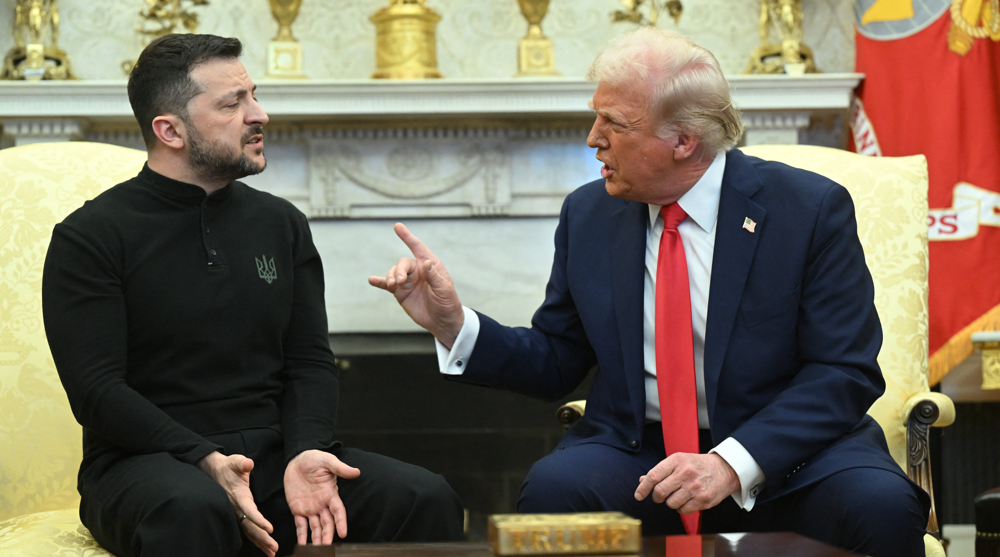
US plan requires Ukraine to give 20% of territory to Russia: Report
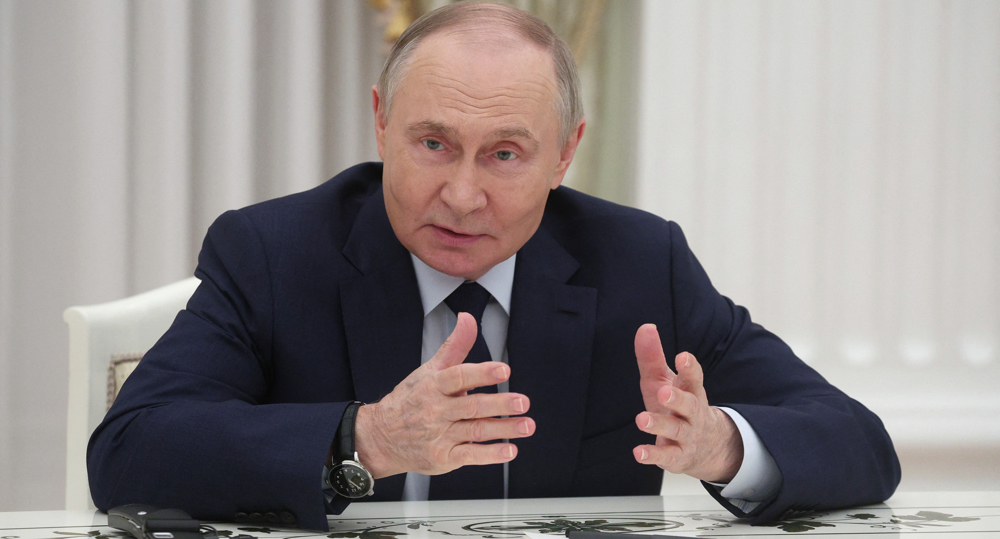
Russia's President Putin ratifies bill for strategic partnership with Iran
US universities defy Trump deportations of foreign students
WFP: Food stocks depleted in Gaza due to all-out Israeli blockade
Yemenis hold nationwide rallies to condemn US aggression, support Palestine
VIDEO | Press TV's news headlines
VIDEO | Gaza’s top surgeon killed under torture in Israeli jails
VIDEO | Araghchi arrives in Oman for US talks; termination of inhumane sanctions ‘priority’
VIDEO | Iran transforms Qeshm Island into Persian Gulf bunkering hub
Norway establishes diplomatic ties with State of Palestine amid Israel's Gaza genocide


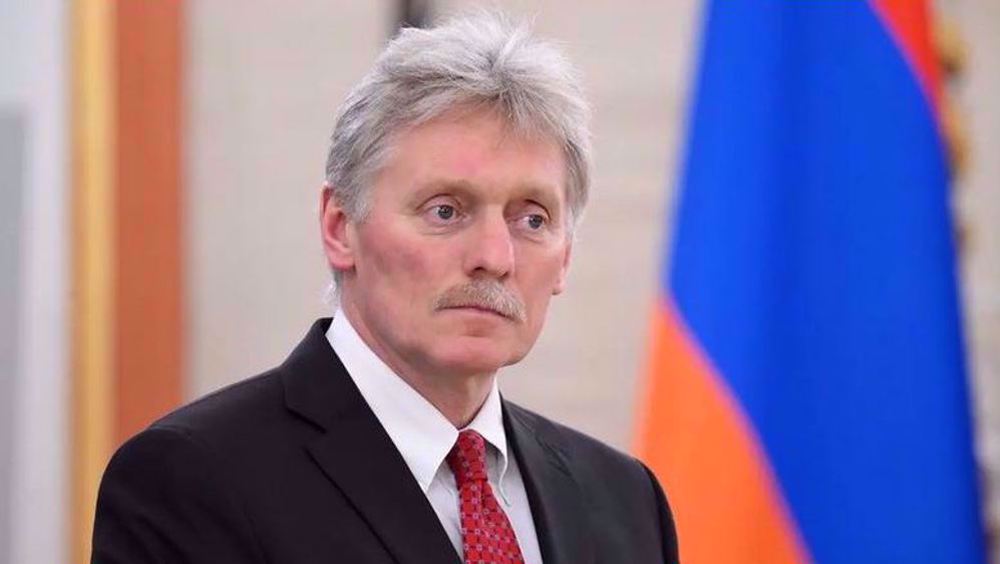
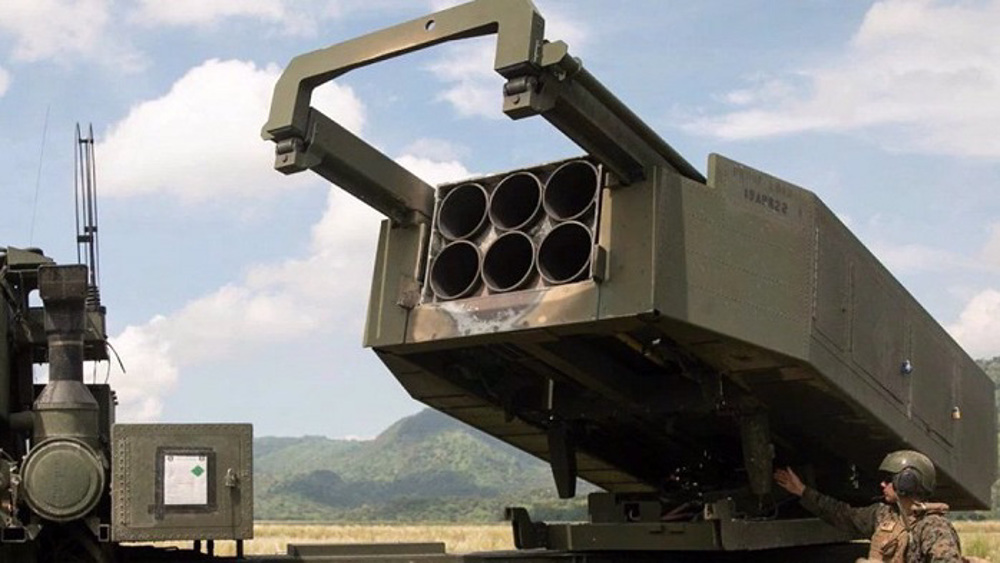
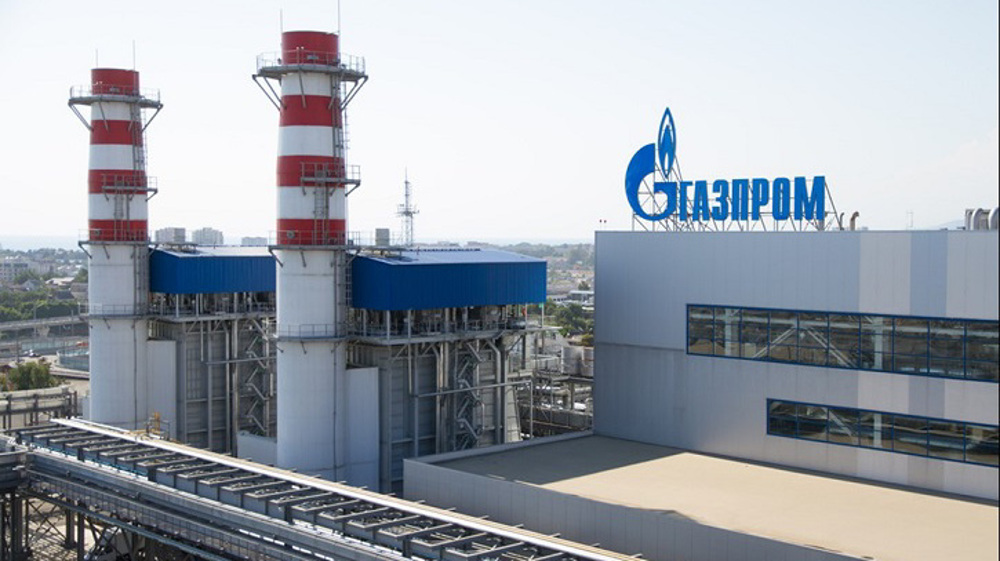
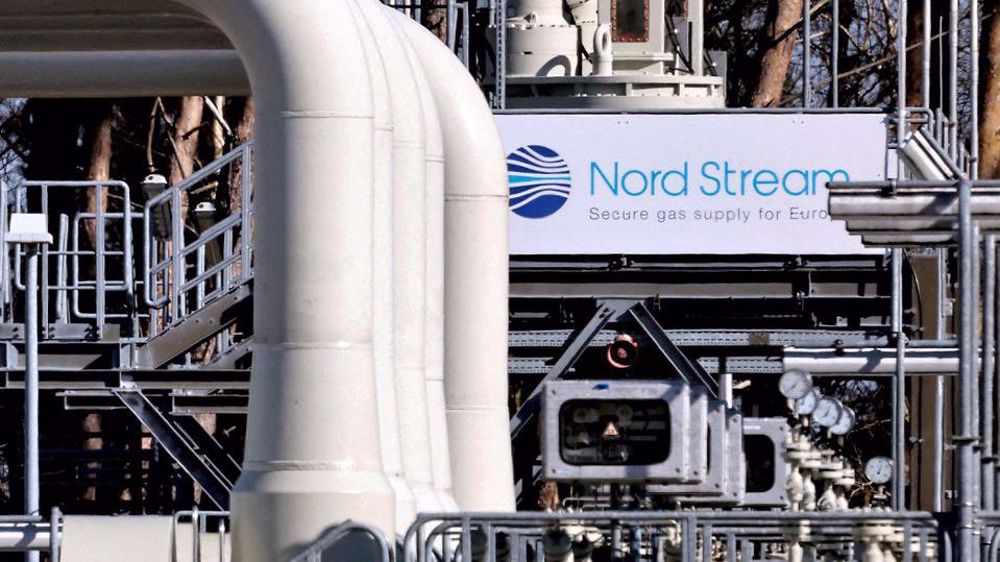



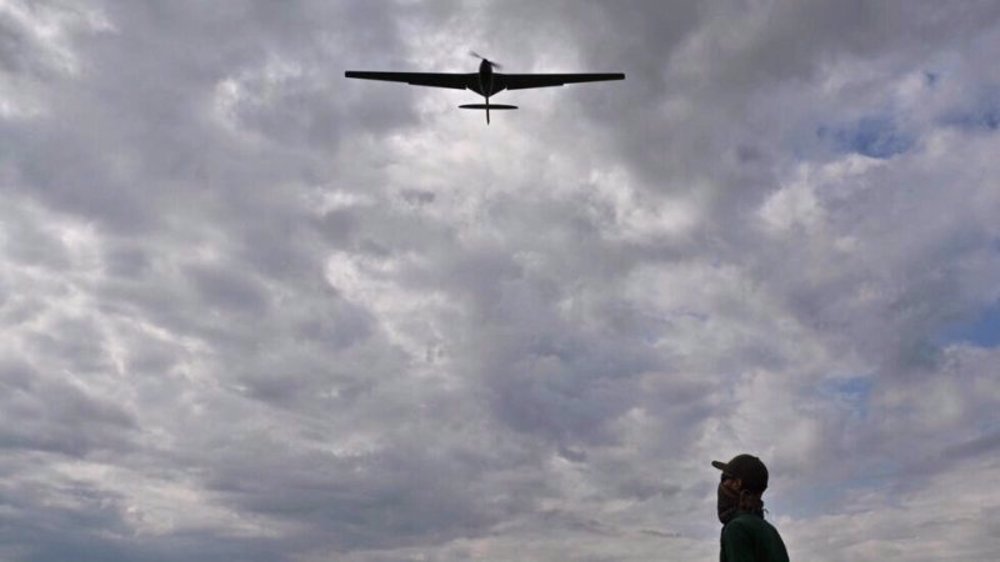
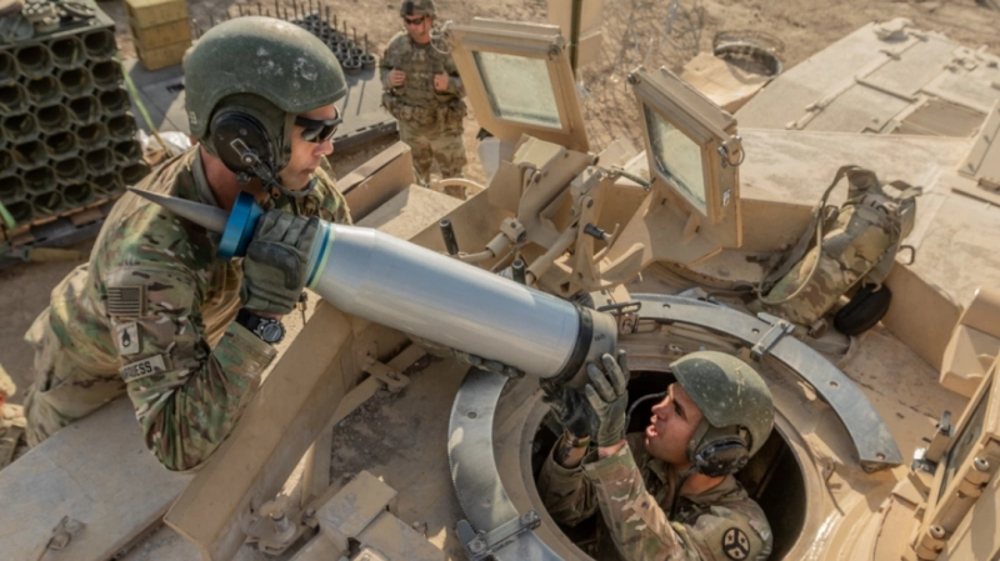
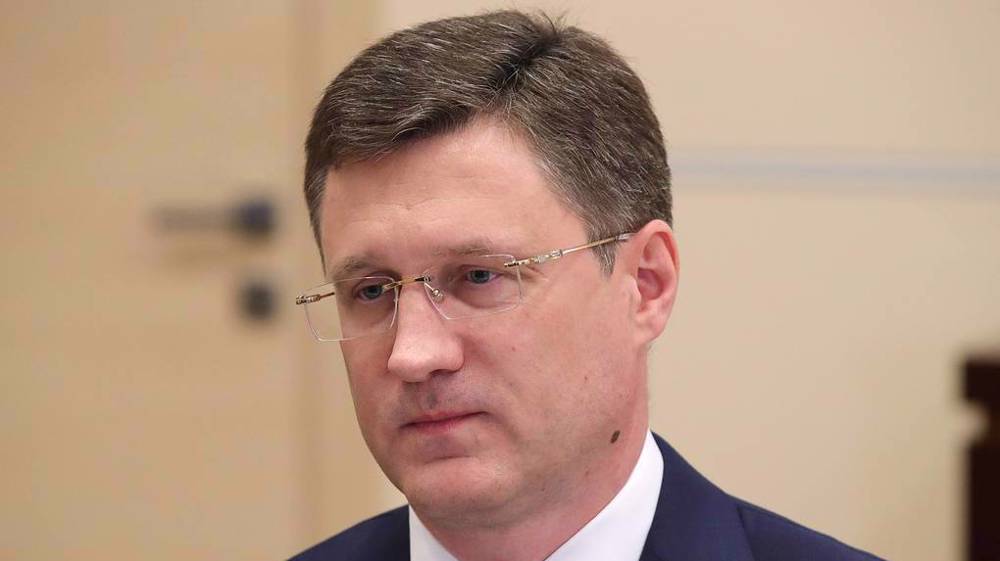
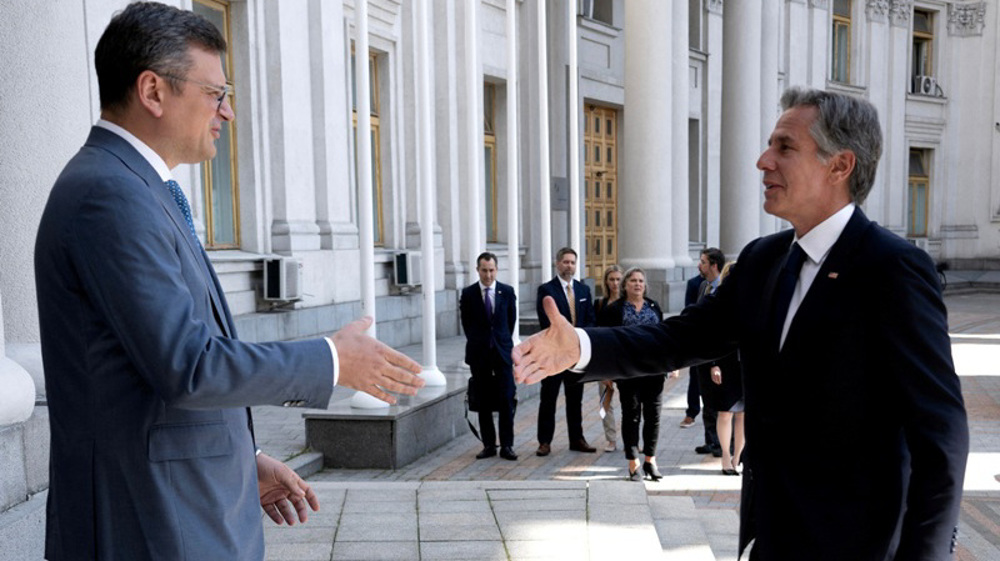
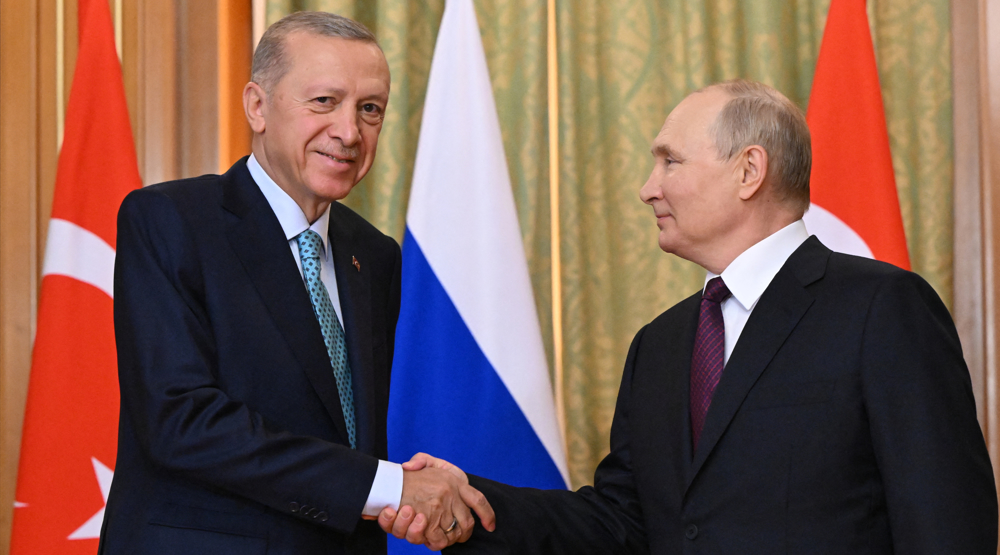
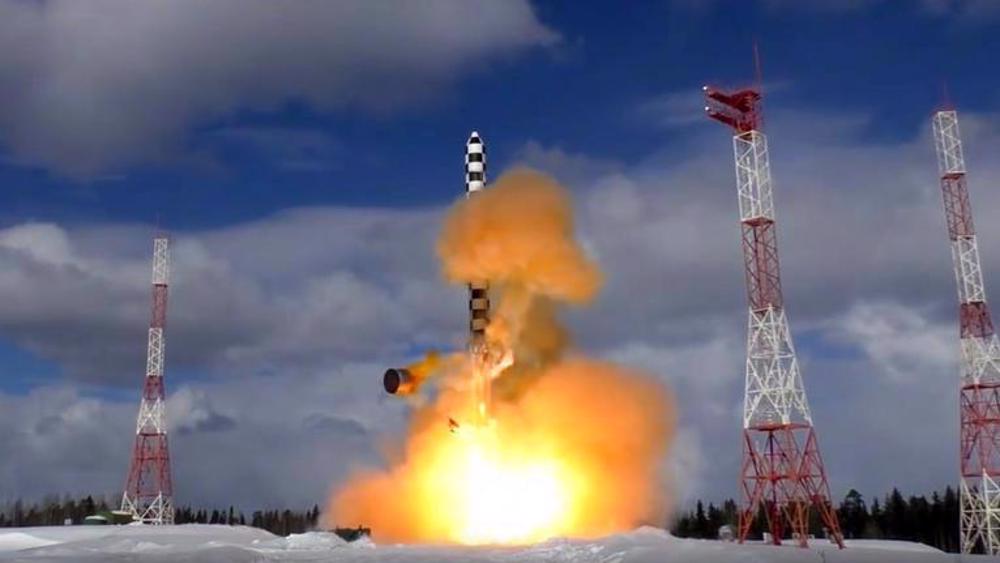
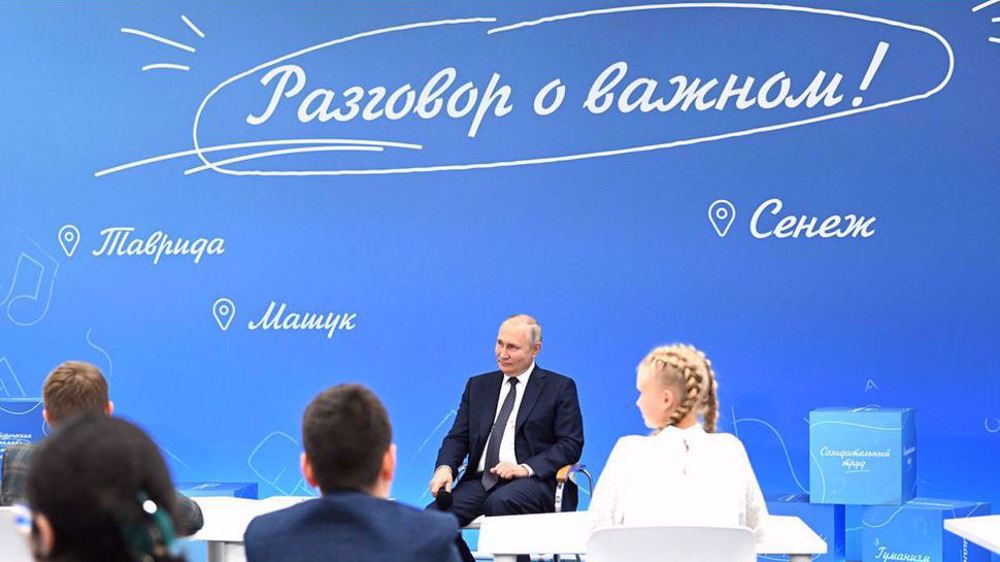
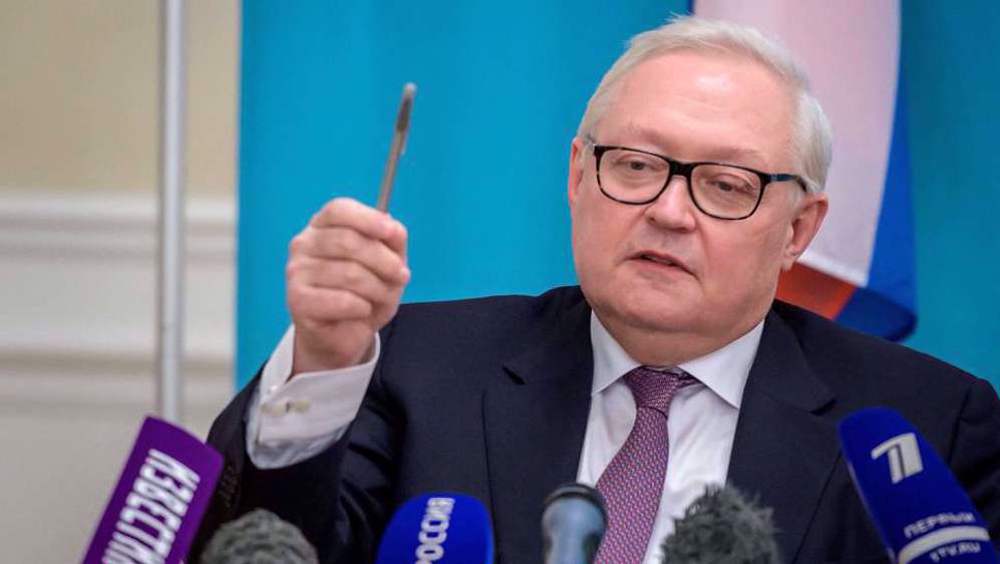
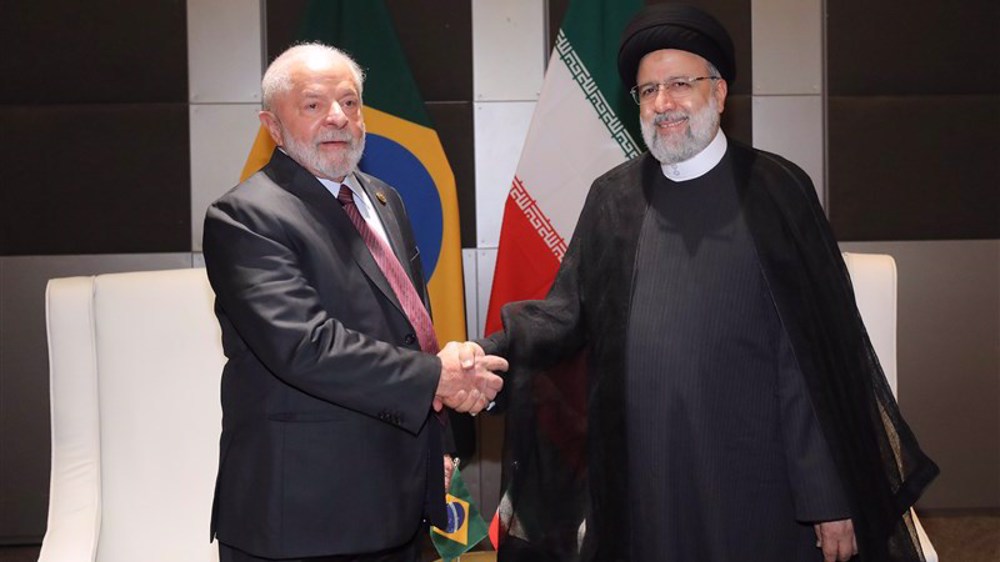

 This makes it easy to access the Press TV website
This makes it easy to access the Press TV website